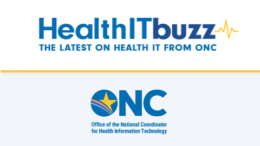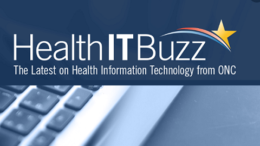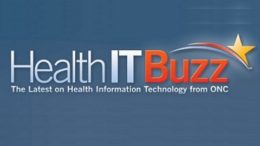Health IT Issues that Deserve a Second Read – April 2023
The thought leaders in our community are good about sharing their thoughts on the issues of today. Here are the top read and shared guest posts of April that we think deserve sharing again.
Read More




